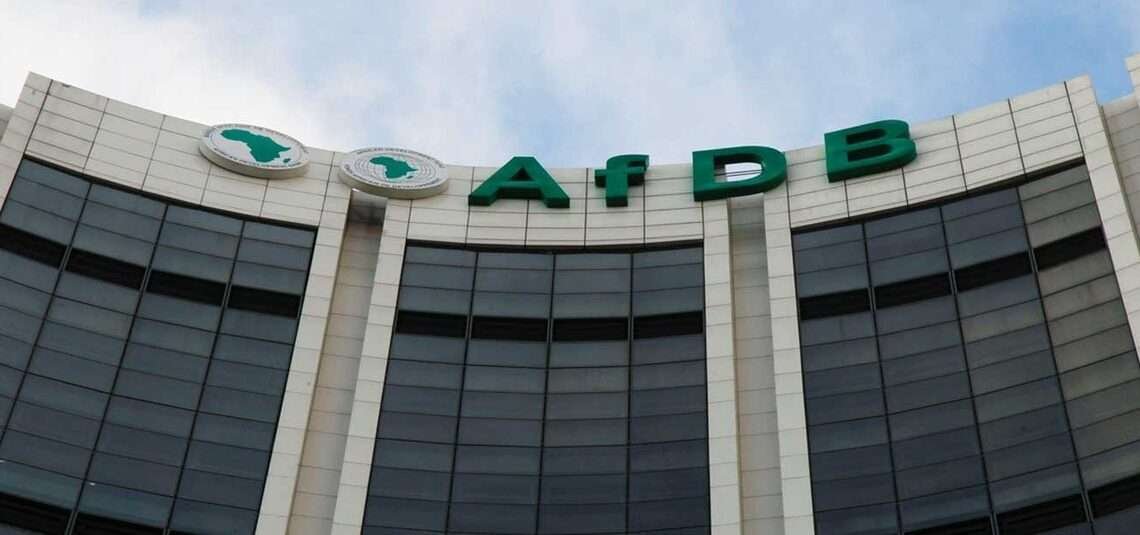Ghana’s economy is poised for a rebound in 2025, with the African Development Bank (AfDB) projecting a 4.5% GDP growth rate, driven by improved fiscal management, strong mining activity, and rising exports.
This positive outlook was outlined in the AfDB’s 2025 African Economic Outlook report, unveiled during its Annual Meetings in Abidjan, Côte d’Ivoire.
According to the report, Ghana’s anticipated 4.5% growth in 2025 will be an improvement from recent years marked by fiscal strain, high inflation, and global economic uncertainty. The Bank attributes this growth to ongoing fiscal consolidation, gains in the mining sector, and a more stable macroeconomic environment.
“Ghana’s macroeconomic outlook has shown signs of resilience, with progress in debt restructuring and revenue mobilisation contributing to improved fiscal health,” the report stated. The AfDB further projects that Ghana’s GDP will rise to 4.8% in 2026, provided reforms continue and external shocks are managed effectively.
While the AfDB’s forecast is optimistic, it is not universally shared. Ghana’s Finance Minister, Dr. Ato Forson, presented a more conservative estimate in the 2025 budget, forecasting a 4.0% overall GDP growth rate and 4.8% for non-oil GDP. Similarly, the International Monetary Fund (IMF) revised Ghana’s 2025 growth to 4.0%, mirroring the government’s target, while the World Bank projects 3.9% growth for the same year.
These differences reflect varying assumptions around global commodity prices, fiscal discipline, and the impact of climate change—especially on Ghana’s crucial cocoa sector.
Drivers of Growth
The AfDB points to three key drivers of Ghana’s expected growth: a thriving mining sector, progress in fiscal consolidation, and favourable monetary conditions.
The mining sector is expected to play a significant role, bolstered by global demand for gold and other minerals. Additionally, the government’s commitment to reducing the fiscal deficit is bearing fruit, with the deficit projected to narrow to 3.5% of GDP in 2025, down from higher levels in previous years. This has been supported by more efficient public financial management and improved tax collection.
Moreover, a high interest rate environment, while posing challenges to private investment, is helping stabilize inflation and the exchange rate, which in turn contributes to economic confidence.
Despite the growth optimism, inflation remains a sticking point. While the Ministry of Finance and the Bank of Ghana anticipate end-year inflation rates of 11.9% and 12% respectively, the AfDB projects a higher figure of 15.4% for 2025. This suggests inflationary pressures will persist longer than government forecasts suggest.
The IMF projects inflation to be even higher at 17.5% in 2025. However, there is a silver lining: the AfDB is optimistic that Ghana could return to single-digit inflation by the end of 2026, forecasting 9%—a development that would significantly boost consumer and investor confidence.
External Sector and Debt Outlook
On the external front, Ghana is expected to benefit from higher oil and gold exports, with the current account balance projected at 2.6% of GDP in 2025. The Bank forecasts the debt-to-GDP ratio to decline to 66.4%, aided by debt restructuring efforts and stronger revenue performance.
These figures mark a significant improvement from previous years when debt sustainability concerns loomed large over Ghana’s economic prospects. The narrowing of the fiscal deficit to 3.0% in 2026 signals continued progress on the path to macroeconomic stability.
While the AfDB outlook is largely positive, it also outlines key downside risks. These include policy reversals, climate variability—especially its impact on cocoa production—and global economic shocks such as U.S. tariff hikes.
The AfDB emphasises that sustained fiscal consolidation, strong policy credibility, and continued structural reforms are essential to sustaining growth. “The commitment to debt sustainability and improved public sector efficiency will be vital in achieving medium-term macroeconomic objectives,” the report advised.
While inflation and global uncertainties present ongoing challenges, the country’s improved fiscal performance, supported by reforms and external demand, offers a promising path forward. To sustain this momentum, Ghana must continue to prioritize sound macroeconomic policies, fiscal discipline, and resilience-building against future shocks.
READ ALSO: Financial Stocks Hold Ground as GSE-CI Sheds Over 128 Points























